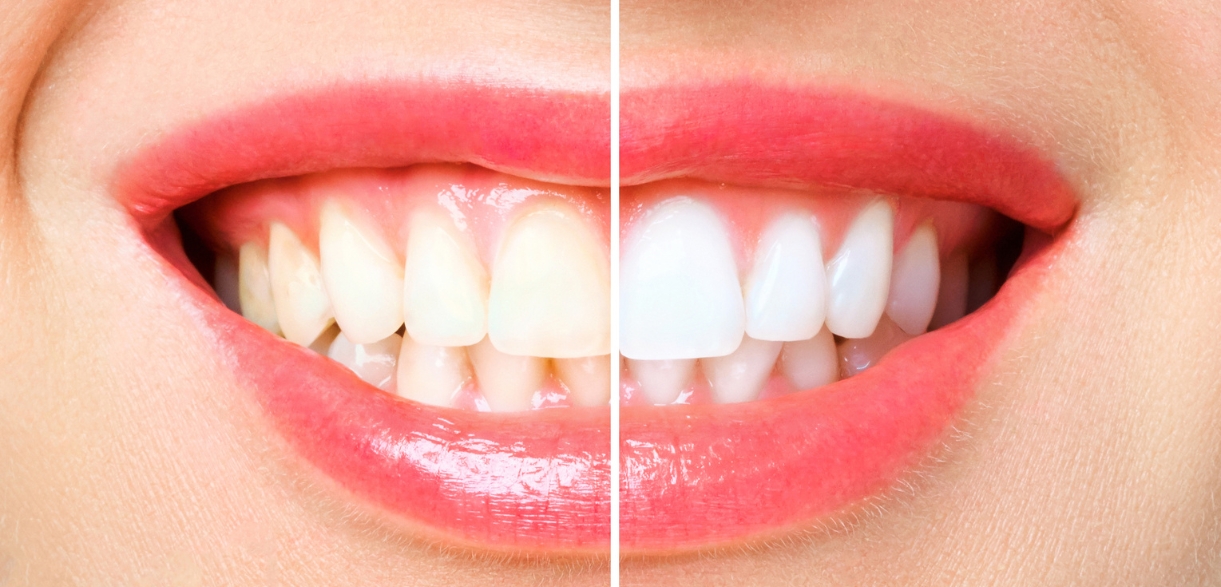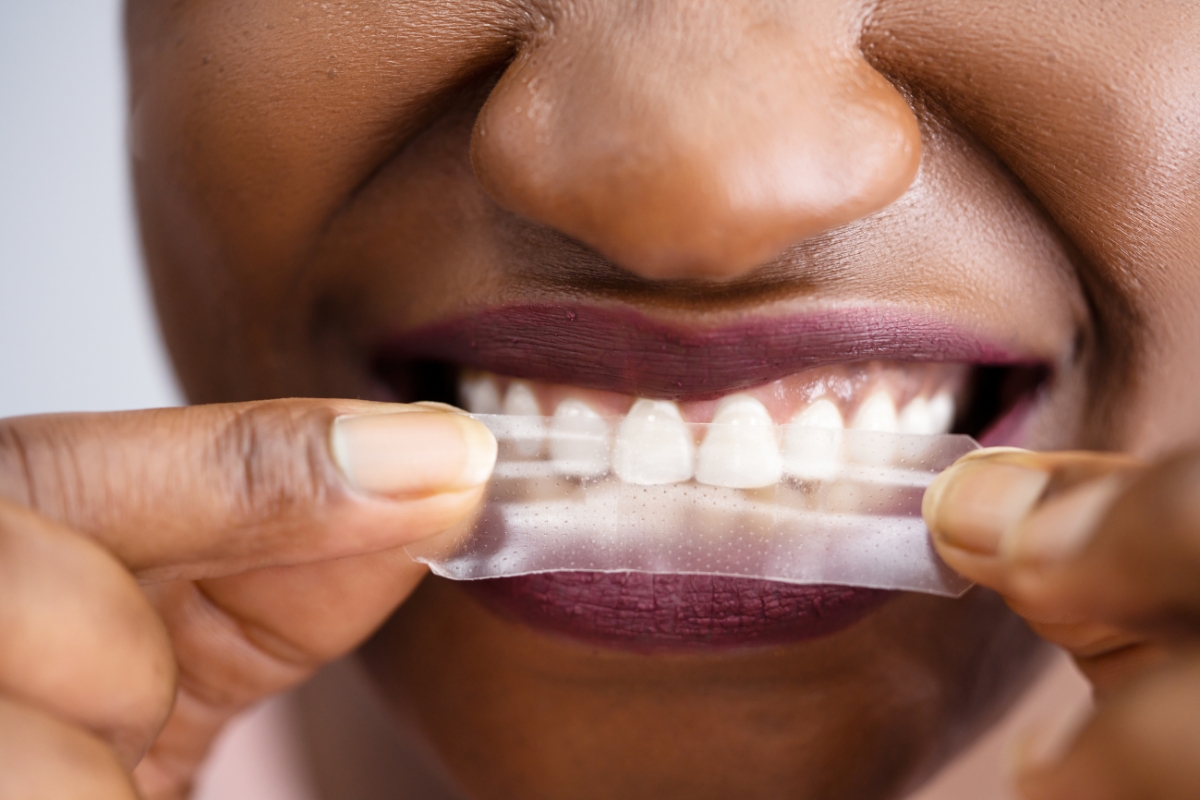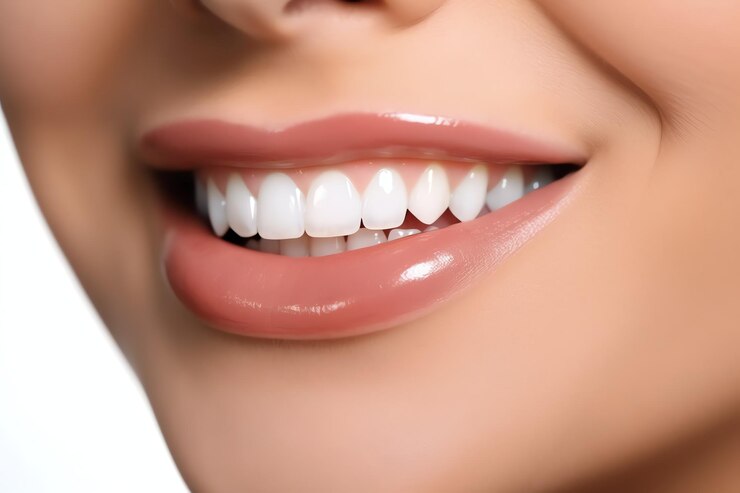Call: 281-955-0251
Teeth Whitening for Sensitive Teeth: Best Options & Tips

By Winning Smiles Dental
Teeth whitening for sensitive teeth is significantly frightening. Who needs the stinging pain, the zing sensation? A whiter smile has the ability to increase confidence. However, the sensitivity makes it difficult.
People mostly avoid whitening as they dread discomfort. However, avoiding it isn’t the answer. There are safe and effective ways. Teeth whitening for sensitive teeth is significantly effective when done correctly. The improper product can immensely aggravate sensitivity. It is to be stated that the proper one brightens your smile without pain.
Tooth Sensitivity and Whitening
Teeth whitening for sensitive teeth is necessary with care. Enamel erosion, gum recession, and soft dentin are some of the reasons for sensitivity. Nerves exposed in the gums respond to changes in temperature. Whitening agents mostly include hydrogen peroxide. This substance seeps into the enamel and causes pain.
Sensitive teeth whitening requires low-peroxide products. Harsh chemicals are capable enough of removing more enamel. Professional whitening treatments involve desensitizers. Home remedies are effective if applied correctly.
Proper technique can effectively shield enamel while whitening strongly. Disregarding sensitivity aggravates oral health. Sensitive teeth whitening must be gentle and regulated. You must opt for safe alternatives as they yield a radiant smile without suffering. Consider visiting a dentist to avoid unnecessary damage and sensitivity.
Best Whitening Products for Sensitive Teeth
A. Over-the-Counter Teeth Whitening
Whitening toothpaste– These are designed with potassium nitrate and fluoride. They are formulated to build enamel and lessen pain.
Whitening strips for sensitive teeth– Use lower peroxide levels for progressive whitening without sensitivity.
Whitening pens and gels– Offer precision application with mild, non-abrasive treatments.
B. Professional Whitening Procedures
In-office whitening treatments– Professional dentists apply advanced techniques and desensitizing gels to shield enamel.
Custom trays– Fitted by a dentist, these reduce gum irritation and provide uniform whitening.
C. Natural Remedies & Home Whitening Alternatives
Baking soda and hydrogen peroxide– It is a mild combination that strips stains without harming enamel.
Coconut oil pulling– This helps eliminate plaque buildup and improve oral well-being in general.
Activated charcoal– It removes stains but can be abrasive. You can use sparingly to prevent enamel damage.
Sensitive teeth whitening Houston is successful when you choose gentle treatments. Dentist-recommended procedures guarantee safety and long-term effects. You must avoid abrasive chemicals to prevent enamel damage while enjoying a bright smile.
Tips to Prevent Sensitivity While Whitening
Sensitive teeth whitening needs extra caution. You can apply desensitizing toothpaste before and after treatment. These toothpastes have fluoride and potassium nitrate. They help minimize nerve responses.
You must avoid acidic foods and beverages to prevent further erosion of enamel. Citrus fruits, soda, and vinegar products lead to teeth to lose strength. Proper oral hygiene has the ability to make enamel stronger.
Brushing with a soft toothbrush and fluoride toothpaste can remarkably prevent irritation. Sensitive teeth bleaching needs to be done slowly. Treatment spaced out is avoiding damage to the enamel. Whitening too often results in sensitivity. Hydration and fluoride mouthwash can significantly enhance the resilience of enamel. Sensitive teeth whitening becomes easier with the application of the right procedures.
A well-balanced regimen keeps teeth healthy while whitening your smile. Disregarding sensitivity can exacerbate the issue. Proper techniques are capable of avoiding pain. Sensitive tooth whitening boosts self-confidence without damaging enamel. Use these tips, be wise, and have a pain-free, dazzling smile.


